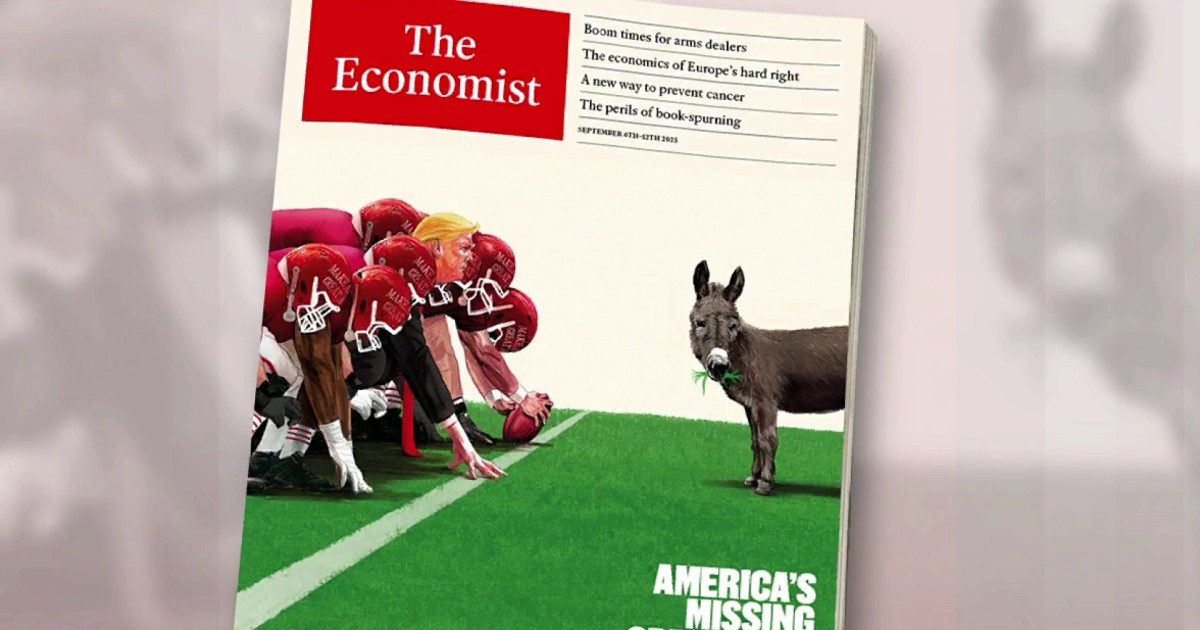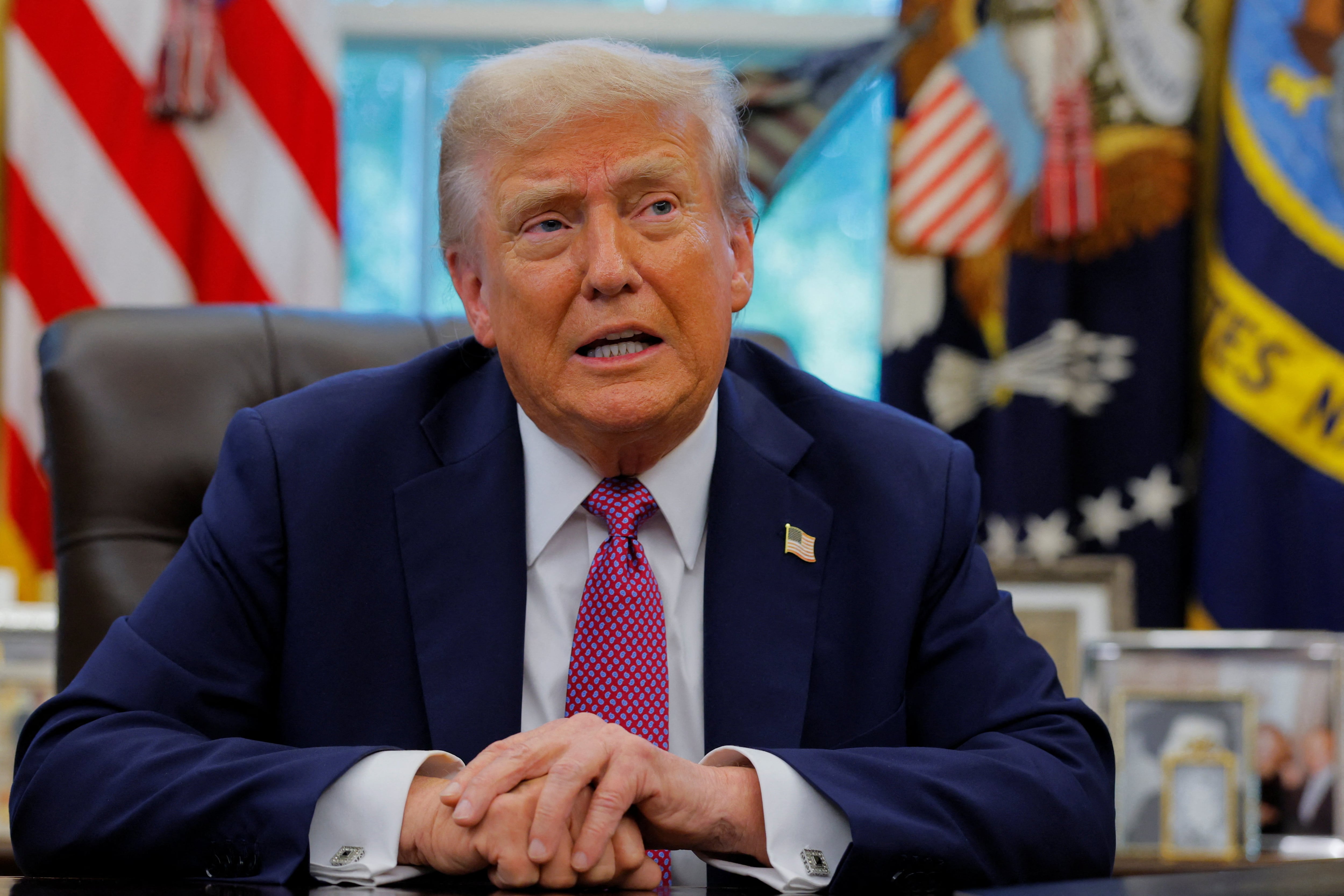Democrats Risk a Dangerous Mistake: Undermining the Filibuster Amidst Authoritarian Concerns
In the wake of the tragic killing of Charlie Kirk, concerns are rising about potential government overreach. This article examines the debate surrounding the Senate filibuster and argues that Democrats risk empowering President Donald Trump by potentially eliminating it, especially given fears of his administration's authoritarian tendencies.
The Threat of Repression and the Senate Filibuster
Following Kirk's death, President Trump signaled a possible crackdown on those he deemed responsible, raising concerns about potential repression against political opponents. Historically, such events have been used to justify stripping civil liberties through "emergency laws." However, the Senate filibuster, requiring 60 votes to pass most legislation, stands as a significant obstacle to this type of action, forcing Trump to rely on existing law, executive orders, or bipartisan support.
Democrats' Dilemma: Shutdown Showdown or Filibuster Preservation?
Ironically, prior to the shooting, some Democrats were considering using the filibuster to force a government shutdown over a new funding bill. The debate centers on whether to filibuster to demand restrictions on Trump's actions, potentially leading to a shutdown, or to avoid confrontation. While progressives have long viewed the filibuster as an impediment to their agenda, it currently serves as a crucial check on Trump's power. Eliminating it could inadvertently grant him greater authority.
The Risk of Removing a Key Constraint on Presidential Power
A prolonged government shutdown triggered by a Democratic filibuster could incentivize Republicans to eliminate the filibuster, giving Trump unchecked legislative power. Despite past Republican resistance to ending the filibuster, heightened pressure from Trump and his base, coupled with perceived Democratic intransigence, could lead to a change of heart. This scenario presents a real danger: a strategy intended to curb Trump's authoritarianism could ultimately amplify his power.
The Shifting Landscape and the Filibuster Debate
For years, progressives have argued that eliminating the filibuster would benefit their policy goals, citing instances where it hampered President Barack Obama and President Joe Biden's agendas. They believed that a majority should be able to enact its agenda and face voters' judgment in the next election. However, this view fails to account for the potential abuse of power by a president, like Trump, who might use unchecked legislative authority to manipulate elections or suppress political dissent. The current political climate necessitates a reassessment of the filibuster's value as a constraint on executive power.
Project 2025 and the Potential for Unchecked Power
The filibuster limits the scope of what Trump's administration can achieve, prompting them to focus on executive branch powers. Organizations such as those involved with Project 2025 have spent years developing strategies to enact their agenda through the executive branch, due to the perceived implausibility of passing new laws. But if the filibuster disappeared, Trump could more easily enact laws reshaping elections or cracking down on political opponents, undermining democratic processes and potentially solidifying his power.
A Word of Caution
While the argument for majority rule is compelling, the current political landscape demands caution. Removing the filibuster could have unintended consequences, especially in the context of a president seeking to expand executive power. At a time when many guardrails are failing, Democrats should carefully consider the risks of gambling away one of the few remaining checks on Trump's power. As Ezra Klein has argued, Democrats should consider the consequences.
 Visit the website
Visit the website




